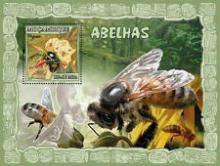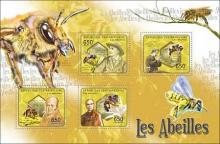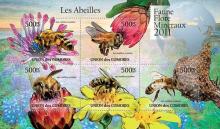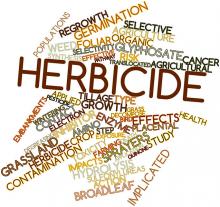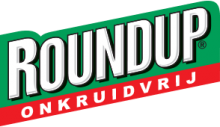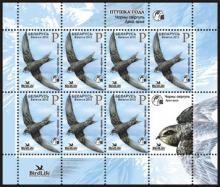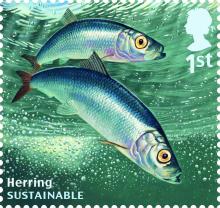Jeroen van der Sluijs and Nora Vaage call for an international treaty for global pollinator stewardship
Over the past decades, both wild and domesticated insect pollinators are in dramatic decline, which puts at stake the existence of species, ecosystem resilience and global food security. Globally, 87 of major food crops depend on animal pollination. Together these account for 35 % of the world food production volume. Pollinator mediated crops are indispensable for essential micronutrients in the human diet. Many ornamental plants as well as crops for fibre, fodder, biofuels, timber and phytopharmaceuticals also depend on insect pollinators.

